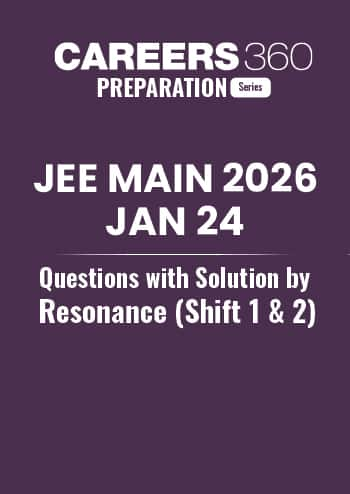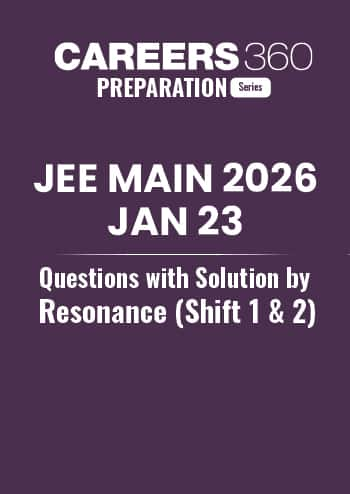Triple Point Of Water - Practice Questions & MCQ
Quick Facts
-
3 Questions around this concept.
Concepts Covered - 1
Some important terminologies -
- Melting (or fusion) /freezing (solidification) : The phase change of solid to liquid is called melting or fusion and the reverse phenomenon is called freezing or solidification.
- Vaporisation / liquefication (condensation) : The phase change from liquid to vapour is called vaporisation. The reverse transition is called liquefication or condensation.
- Sublimation : Sublimation is the conversion of a solid directly into vapours. So, in this the solid is directly converted to vapor without entering into liquid phase. Best example of this is the burning of Camphor.
TRIPLE POINT -
If we plot a graph between pressure and temperature for any material. Then there are three curves form on this graph, they are - fusion curve, vaporisation curve and sublimation curve. Following graph shows variation of pressure with temperature of water -

Now, some description about the curves -
(i) Sublimation curve which connects points at which vapour (V) and solid (S) exist in equilibrium.
(ii) Vapourization curve which shows vapour and liquid (L) existing in equilibrium.
(iii) Fusion curve which shows liquid and solid existing in equilibrium.
The three curves meet at a single point which is called the triple point.
Triple point is that point for a substance where all the three phases co-exist in equilibrium.
For water - Triple point exist at - Pressure = 0.0062 bar or, 62 Pascal
Temperature = 0.01oC or, 273.16 K
Study it with Videos
"Stay in the loop. Receive exam news, study resources, and expert advice!"













